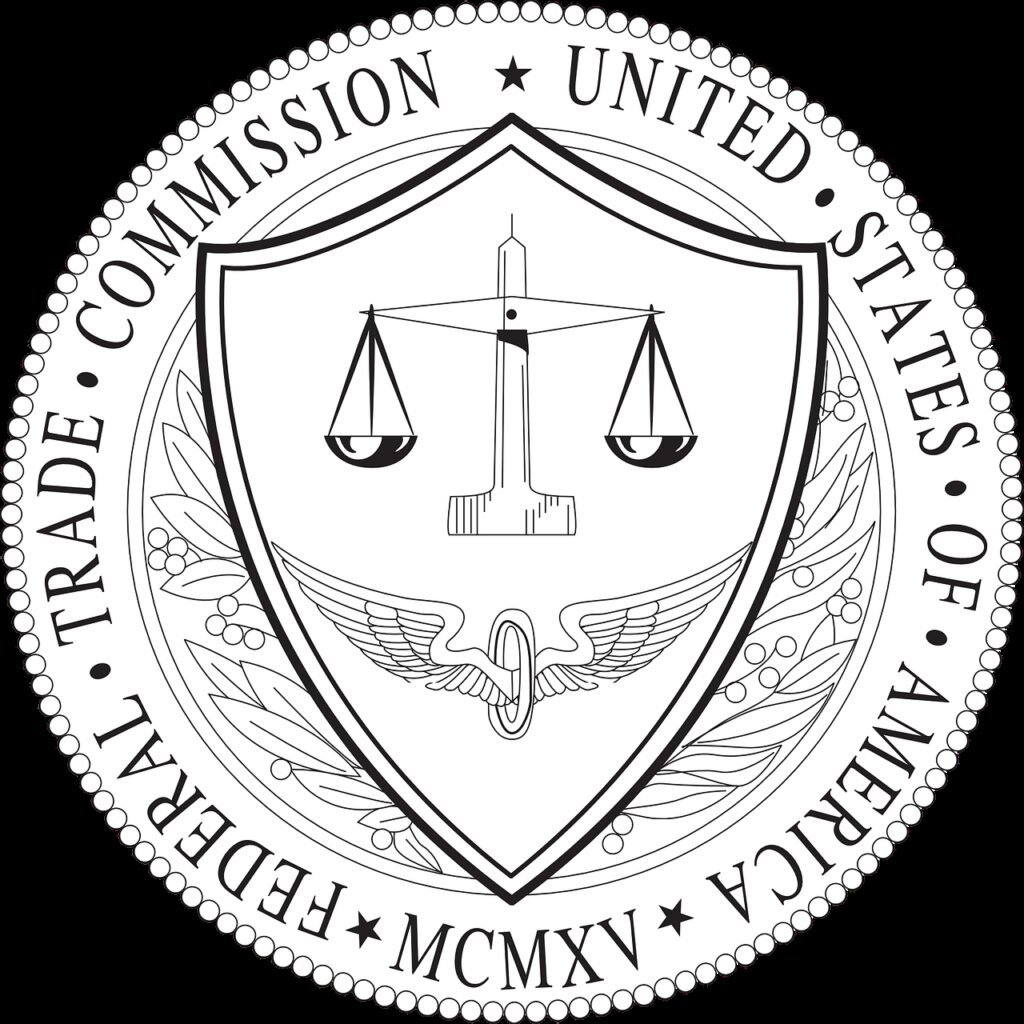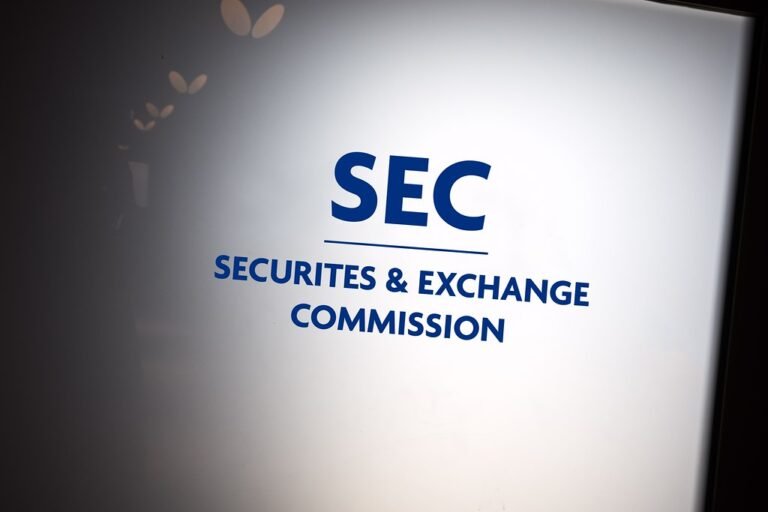
Company faces restrictions and potential contract cancellations in proposed settlement
The Federal Trade Commission (FTC) has filed a complaint against Evolv Technologies, a Massachusetts-based company, over false advertising claims related to its AI-powered security screening system, Evolv Express. The FTC alleges that the company misrepresented the capabilities of its scanners, which are used widely in schools and other public venues, including sports stadiums and hospitals.
Evolv Technologies is a Massachusetts-based company that specializes in advanced security screening solutions powered by artificial intelligence (AI). Founded in 2013, Evolv focuses on developing AI-driven systems to enhance security at public venues, such as schools, sports stadiums, hospitals, and airports, by providing touchless, non-intrusive security screenings.
Evolv’s product is the Evolv Express, a security screening system designed to detect weapons, explosives, and other prohibited items as people walk through without the need for manual bag checks or metal detectors. The system uses AI, sensors, and advanced imaging technology to analyze and assess objects in real-time, with the goal of improving the speed, efficiency, and accuracy of security processes.
According to the FTC’s complaint, Evolv claimed that its Evolv Express scanners could reliably detect all types of weapons while ignoring harmless personal items, such as laptops, water bottles, and binders, without requiring individuals to remove these items from their bags or pockets. The company also claimed that its use of artificial intelligence made the system more efficient, accurate, and cost-effective compared to traditional metal detectors.
However, the FTC contends that Evolv’s claims were unsupported and misleading. In some instances, the scanners failed to detect weapons while mistakenly flagging harmless personal items. One such case occurred in October 2022, when an Evolv Express scanner reportedly failed to detect a seven-inch knife that was later used in a stabbing at a school. After the incident, school officials increased the scanner’s sensitivity, which led to a 50% false alarm rate.
The FTC’s complaint also alleges that Evolv exaggerated the benefits of its system, including its ability to reduce false alarms, speed up security screenings, and lower labor costs by as much as 70%. Despite efforts to improve the system’s accuracy, Evolv acknowledged that some weapons, particularly knives, could still be missed and that additional staff might be needed to manage the increased number of false alarms.
As part of the proposed settlement, Evolv Technologies would be prohibited from making unsupported claims about its products’ performance, particularly regarding their ability to detect weapons, ignore harmless personal items, and reduce false alarm rates. Additionally, the company would be required to offer certain K-12 school customers the option to cancel contracts signed between April 1, 2022, and June 30, 2023, which often lock schools into multi-year agreements.
“The FTC has been clear that claims about technology – including artificial intelligence – need to be backed up, and that is especially important when these claims involve the safety of children,” said Samuel Levine, Director of the FTC’s Bureau of Consumer Protection. “If you make those claims without adequate support, you can expect to hear from the FTC.”
Evolv’s Express scanners are deployed in over 800 schools across 40 states, and schools represent about half of the company’s business. In marketing materials, Evolv has positioned its scanners as a high-tech alternative to traditional metal detectors, touting the benefits of AI-driven screening systems as a way to improve security in schools.
Under the terms of the proposed settlement, Evolv would also be barred from making any misrepresentations about its products’ ability to detect weapons, reduce false alarms, or cut labor costs compared to metal detectors. The company would also be prohibited from misleading consumers about the results of any testing or the use of artificial intelligence in its products.
The FTC’s action against Evolv is part of the agency’s ongoing efforts to ensure that companies’ claims about AI technology are truthful and substantiated. Earlier this year, the FTC launched Operation AI Comply, an initiative aimed at targeting deceptive practices involving AI marketing and claims.
The FTC’s vote to authorize the complaint and stipulated order was unanimous, with a 5-0 decision. The complaint was filed in the U.S. District Court for the District of Massachusetts. If the settlement is approved by the court, it will have the force of law.



